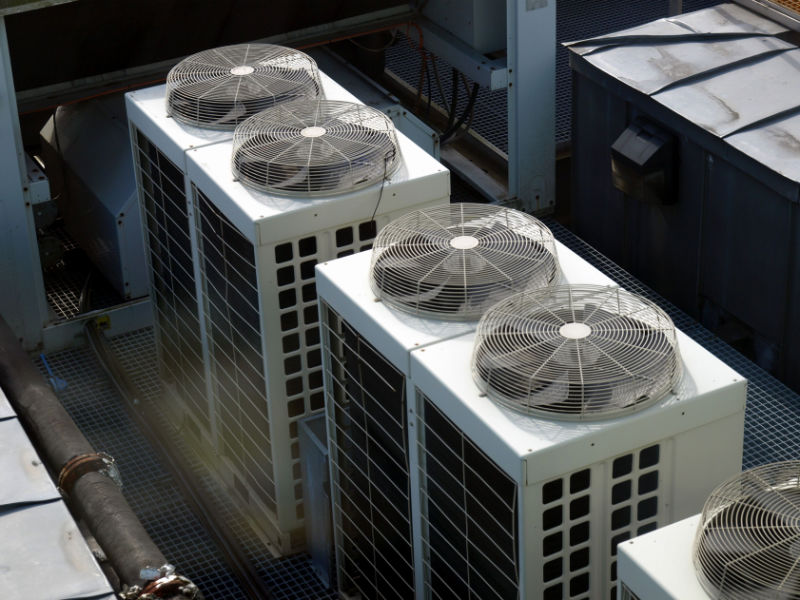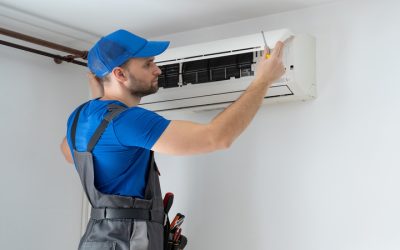Hurricanes can cause torrential rain, high and damaging winds, and tornados that can occur inland. Use these four tips on how to identify HVAC damage after a hurricane makes landfall and hovers inland in Lincolnwood.
Tip #1: Hurricanes Can Do Tremendous Damage to HVAC Units That Need Proper Assessment Afterwards
One honest and successful company that provides expert HVAC repair in Lincolnwood cautions homeowners to properly assess HVAC units and then carefully monitor the units for any potential damage. Look for missing or damaged HVAC parts, watermark lines inside or out, and debris and/or moisture clogging vents or condenser coils.
Tip #2: Check Unit for Interior/Exterior Water Damage & Electrical Shorts After the Storm Passes
Some possible damages include water damage inside and outside the unit along with electrical shorts in the motor itself or attached power cords due to power surges during the storm, excess moisture inside the motor, or damaged internal electrical parts.
Tip #3: Clean & Dry Out HVAC Unit, Then Carefully Turn On & Listen for Odd Sounds
After drying the unit out, turn it on and listen for strange sounds. Monitor for several days.
Tip #4: Sniff for Smoke or Burnt Smells & Turn it Off if Found
Follow these four tips on how to identify HVAC damage after a hurricane to ensure the safety of the unit. Do not operate if there is smoke, burnt odors, or other damage. Check for flooding of the unit and call for experienced HVAC repair in Lincolnwood by contacting Elite HVACS Heating & Air today.


